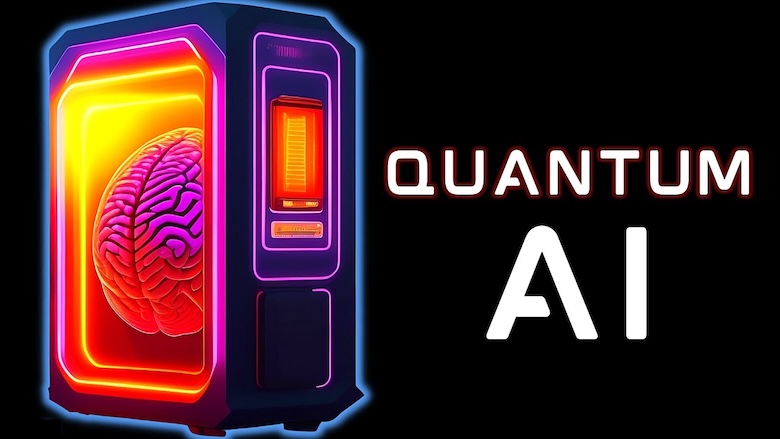
The fusion of Artificial Intelligence (AI) and quantum computing holds the promise to transform a multitude of sectors. Quantum computing, employing qubits for operations, theoretically possesses a speed millions of times greater than traditional computers. This amalgamation with AI is anticipated to turbocharge AI, resulting in substantial enhancements in pace, effectiveness, and precision. The practical applications of this blend are evident in areas such as pharmaceutical creation, cybersecurity, financial services, and meteorological predictions. Although the study is still in its infancy and technological obstacles persist, there’s hope that widespread usage could be realized by the decade’s end.
Google stands as one of the pioneering corporations propelling the advancement of quantum computing. It is crafting tools for researchers to function beyond classical capabilities and boasts a cutting-edge quantum data center, manufacturing facility, and research laboratory. Google’s endeavors are directed towards constructing quantum processors and formulating unique quantum algorithms.
The capacity of quantum computing to tackle intricate issues like climate change and drug discovery is under investigation too. However, it’s crucial to underscore that despite the considerable enthusiasm surrounding the potentialities of quantum computing, challenges concerning stability and processing power of these computers remain. Notwithstanding these hurdles, the industry is gearing up for the possibilities offered by quantum computing with leaders anticipating a ‘quantum leap’ by 2030.
The Role of Quantum Computing in AI Applications
The realm of Artificial Intelligence (AI) could be significantly reshaped by the capabilities of quantum computing, primarily through enhancing the efficiency and performance of machine learning systems. By utilizing qubits that can exist in both 1 and 0 states concurrently, quantum computers are able to process data more rapidly and execute algorithms with greater efficiency.
Application Scenarios:
-
Quantum-Enhanced Linear Algebra for AI and Machine Learning: The application of quantum computing can lead to improved performance in machine learning systems, paving the way for progress in areas such as fraud detection and drug discovery.
-
Quantum Simulation: Efficient simulation of intricate quantum systems is made possible by quantum computing, fostering advancements in diverse scientific domains like materials science and pharmaceuticals.
-
Quantum Optimization and Search: Quantum computers offer quicker and more effective solutions to optimization problems, which could prove beneficial to sectors like finance where portfolio optimization and risk management are crucial.
-
Quantum Factorization: The field of cryptography could be revolutionized by quantum computing’s ability to solve factorization problems efficiently, influencing sectors that depend on secure data transmission such as cybersecurity and finance.
Final Thoughts
The convergence of AI with quantum computing presents a promising prospect for industry transformation via enhanced algorithmic efficiency and computational power. As the evolution of quantum computing progresses, its influence on AI applications is anticipated to expand considerably, opening up new avenues for resolving complex issues across a range of sectors.


